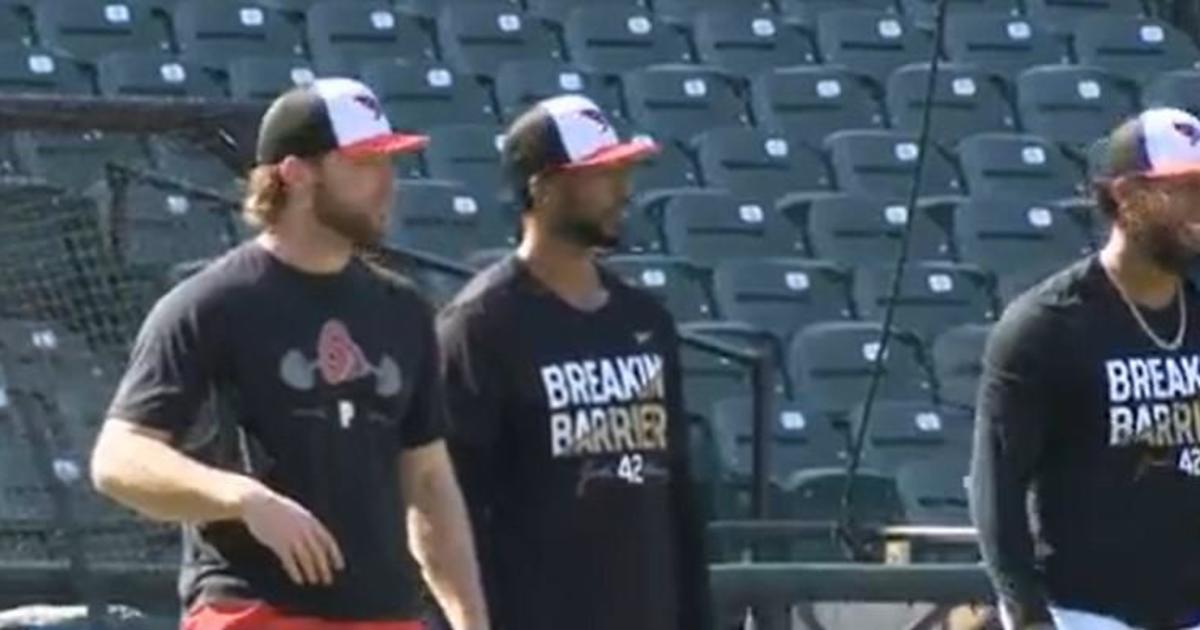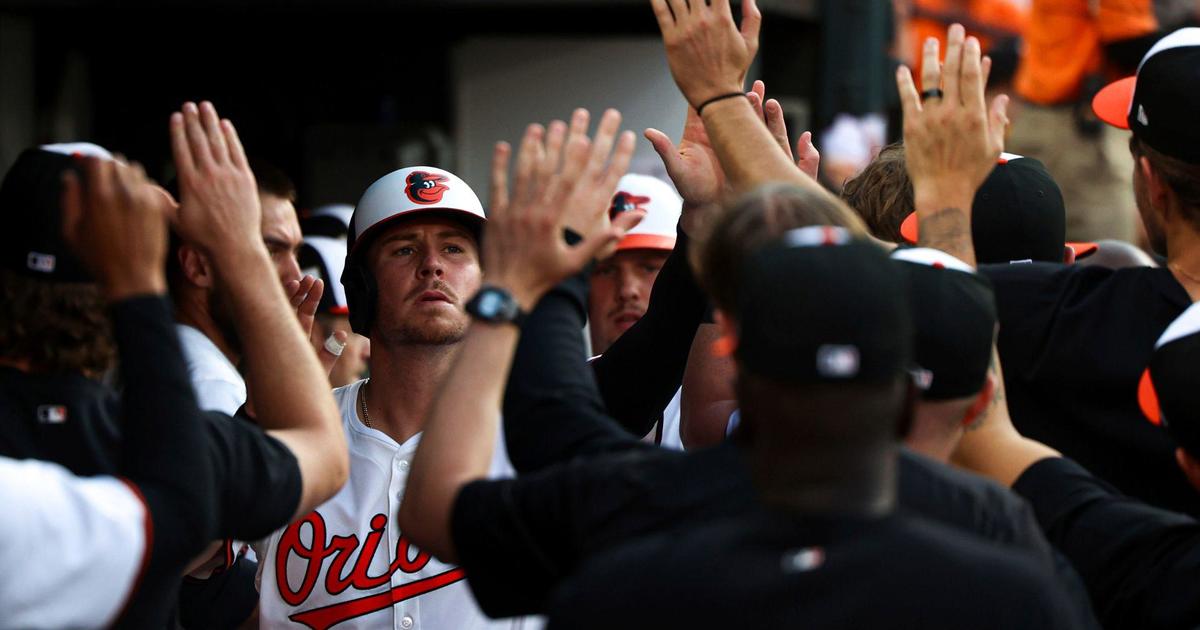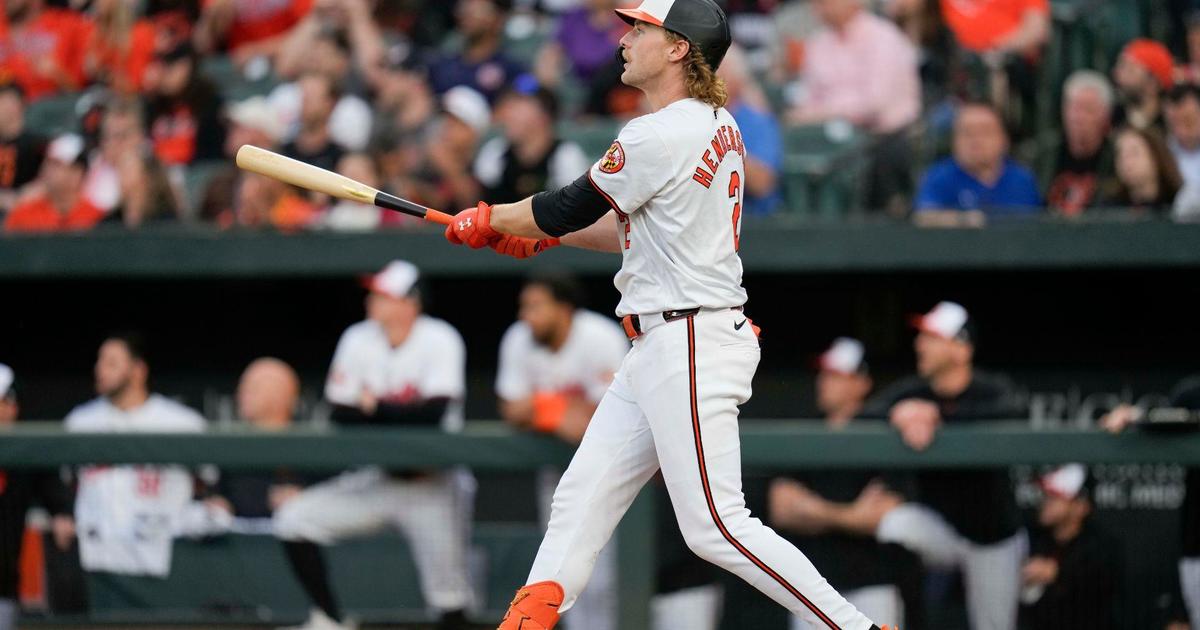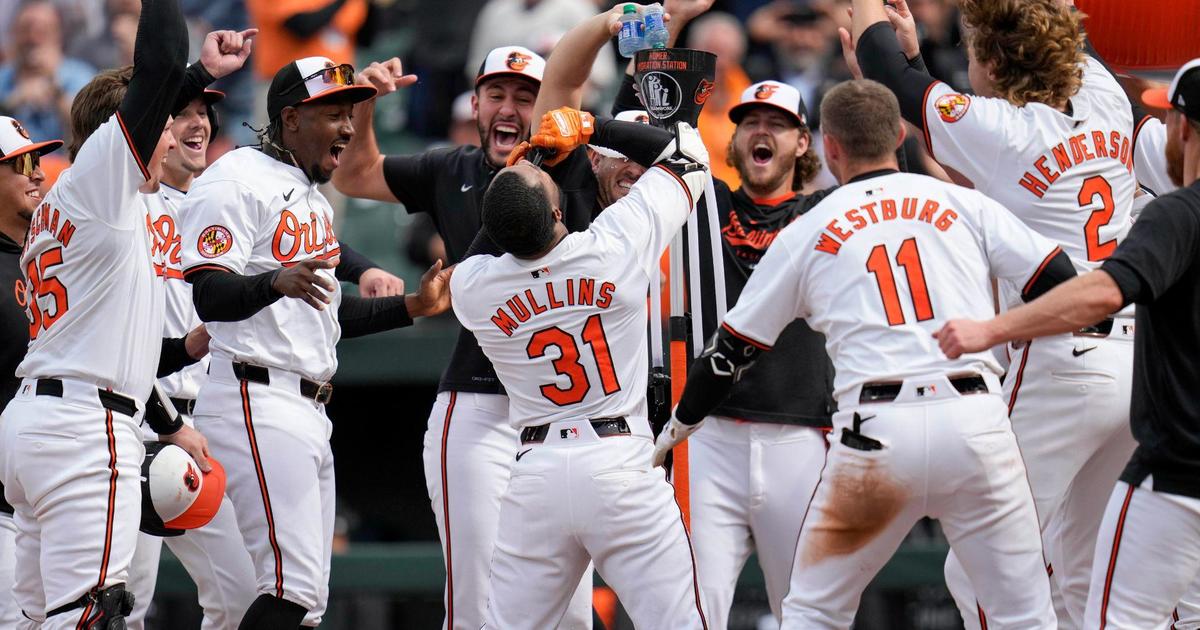Night Ride: Playoff Games Push Past 3 1/2 Hours
By MIKE FITZPATRICK
AP Sports Writer
Nail-biting tension. Extra-inning excitement. Game-changing home runs.
Baseball's postseason has offered up all the drama any fan could ask for this year -- if you can stay awake long enough to see it unfold.
With playoff games now commonly pushing past 3 1/2 hours, sticking around from start to finish is becoming a time-consuming task like never before.
And even the players are noticing.
"They're really slow. It's tough to watch," Baltimore Orioles reliever Darren O'Day said after the first two games of the AL Championship Series each lasted more than 4 hours, 15 minutes. "I understand it's postseason, but these are just taking too long."
The average time of the 20 postseason games played so far was 3 hours, 49 minutes. Five went to extra innings, including an 18-inning marathon between San Francisco and Washington that lasted a record 6 hours, 23 minutes. So those skew the numbers a bit.
But even the nine-inning games have averaged 3 hours, 31 minutes, according to STATS. That's quite a jump from 3:02 during the regular season, which set a record for the longest mark in major league history.
That means games that start a little after 8 p.m. EDT are often closing in on midnight (or later) when they finally end.
"It's past my bedtime, too," said 91-year-old St. Louis Cardinals Hall of Famer Red Schoendienst.
The reasons?
First, advertising. Postseason commercial breaks are usually 2 minutes, 55 seconds -- 30 seconds longer than a national telecast during the regular season, and 50 seconds longer than a typical local broadcast. So that adds about 8-14 minutes to each game right from the get-go in October.
Then there are the stakes.
With every pitch so important, players and coaches constantly huddle on the mound to talk strategy. Nobody wants to give away a sign or make that one careless mistake that could cost his team a chance to win the World Series.
Managers often make changes earlier in the game, matching up lefty-righty for any given situation.
And this year in particular, the speedy Royals are a culprit -- through no fault of their own.
Four of their six playoff games have gone extra innings, and every time one of their jackrabbit basestealers gets on, play seems to grind to a halt as the opposing pitcher tries step-offs and pickoff throws to keep the runner close.
"Whew," Kansas City manager Ned Yost said. "So much excitement. So much that goes on in those games. And they're just naturally going to be longer.
"You look up at the clock and see it's 7:30, quarter to 8, and you're in the sixth inning. Wait a minute, did we start this game at 4? But you just play them. It's the excitement of the postseason."
Throw in expanded instant replay this year, and it's a recipe for some long nights -- both at the ballpark and on the couch.
"We have let the boys stay up as long as they could to watch the games," said Laurent Roy, the father of two young Royals fans, 13-year-old Peyton and 9-year-old Hunter, in Overland Park, Kansas. "There have been some afternoon naps after school. This is a pretty special time in KC and we want the boys to have great memories of this run."
Part of baseball's beauty, of course, is that the game is played without a clock. All the anxious waiting only heightens the drama sometimes.
And whether it's been the starved-for-success Royals and their extra-inning mojo, or the steady Cardinals and their string of go-ahead homers, no hard-core fan would dispute that many of these games have provided exhilarating entertainment.
But nobody outside the dugout has an endless amount of time to invest in a ballgame -- including young fans with shorter attention spans in this touch-screen age of multitasking.
"These playoff games last longer than a football game. Really, they do," Gary Horner of Fayetteville, Arkansas, said before attending Game 2 of the NLCS at Busch Stadium.
"It's exciting and fun and all. When you are at the game, you don't notice it being that long. But if you are at home and watching on TV, these games seem like they go an eternity."
Well aware of the issue, Major League Baseball is examining ways to pick up the pace in the future, trying out several experimental rules this month in the Arizona Fall League for top prospects.
Some of them are fairly drastic -- a limit on trips to the mound, automatic intentional walks, and a 20-second pitch clock, for example.
A few players have voiced concerns about the new ideas, expressing a desire for more input. And the obvious contradiction in October is not lost on them: Speed things up on the field, guys, while the networks run extra commercials.
"Three-minute breaks between innings -- I'm not a big fan of those," Giants catcher Buster Posey said. "Pace of play, three-minute breaks in between innings ... uh, OK."
Whether games will move faster in years to come remains to be seen, but baseball is certainly going in the opposite direction this October.
Over the past five years, nine-inning postseason games averaged 3 hours, 20 minutes -- 11 minutes shorter than this season. It was 3:13 from 2004-08. And in a much larger sample, it was 3:14 from the time the playoffs expanded in 1995 through 2013, STATS said.
Nobody in Kansas City seems to mind, though.
"Someone just has to tell the Royals that it is OK to win in nine innings every once in a while," Roy said.
------
AP Sports Writers Howard Fendrich, RB Fallstrom and Dave Skretta, and AP Baseball Writer Ben Walker, contributed to this report.
(Copyright 2013 by The Associated Press. All Rights Reserved.)



